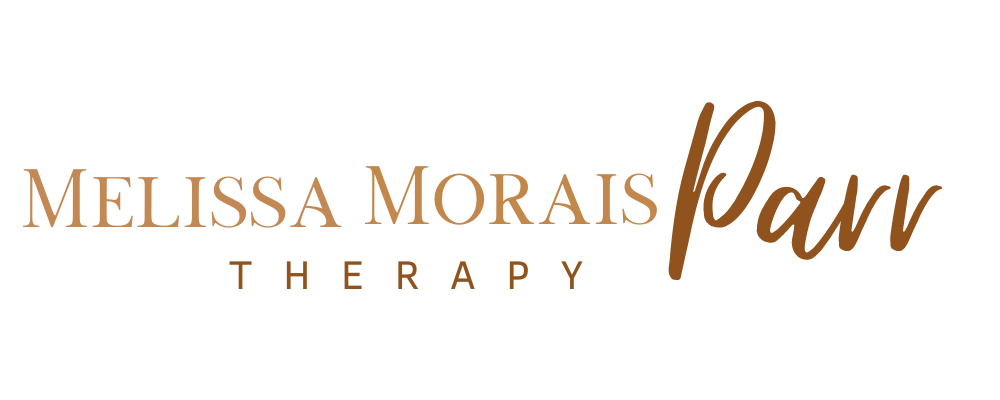Postpartum Depression or Baby Blues
The period of time after having a baby is intense.
There is major sleep deprivation, physical healing from childbirth, your hormones are going up and down, you're learning about this brand new baby that you are now taking care of and is dependent for every need, not to mention navigating the changes and transitions that happen within your relationship and family after having a baby.
It can be overwhelming.
It's okay if you end up in tears on several occasions (and even more than several occasions).
The “Baby Blues”
There is a term called the "baby blues" which is to describe the emotional state of those first couple of weeks after giving childbirth.
About 80% of mothers report feeling sadness, mood swings, tiredness, and worry during those first couple of weeks after having baby.
A lot of this can be contributed to the rapid hormone changes that occur after childbirth. Estrogen and progesterone both quickly drop which can trigger anxiety, sadness, and fatigue. Adding in sleep deprivation on top of this can also increase feelings of sadness and worry and make it difficult to recover from childbirth.
Symptoms of the "Baby Blues"
sadness
worry
tiredness
mood swings
irritability
feeling overwhelmed
crying
difficulty concentrating
appetite problems
Postpartum Depression
Postpartum depression is more serious with more intense symptoms. It may look like the baby blues at first, but it typically will get more intense and does not go away on its own. It typically starts about one week to one month after giving birth and can potentially last years if untreated.
Postpartum depression is serious and can get in the way of taking care of your baby and yourself.
It's important to note that Postpartum depression is not a character flaw or a weakness nor does it make you a bad mother.
It is believed that about 15% of mothers will experience Postpartum depression (which may be on the low end due to under-reporting).
Symptoms of Postpartum Depression
depressed mood
feeling overly anxious
exhaustion
extreme mood swings
isolation from family and friends
excessive crying loss of appetite or eating too much
inability to sleep or oversleeping
intense anger
panic attacks
having trouble concentrating, thinking clearly
difficulties bonding with your baby
feeling "numb" or no feelings at all
feelings of worthlessness, shame, guilt
feeling overwhelmed and hopeless
fear of being a bad mother
thoughts of harming yourself or your baby
How do I know if it's more than the "Baby Blues"? Is it Postpartum Depression?
The "baby blues" are considered to be "normal" and the symptoms are more "mild." They tend to occur within a couple days of birth and can last about one to two weeks before it'll go away on its own.
Postpartum Depression is more serious. These symptoms are more intense and they may interfere with your daily functioning and ability to take care of your child. Postpartum depression symptoms tend to start within a couple of weeks or even months of giving birth.
How do I know if I need help for the Baby Blues or Postpartum Depression?
If feelings of sadness, worry and mood swings don't get better after a couple of weeks or get more intense, it's important to seek out support. Treatment of Postpartum Depression typically includes therapy and at times medication.
If you have thoughts of hurting yourself or your baby, please seek help right away by:
Telling a trusted family member, friend or partner who can then help you get support immediately.
Call your doctor.
Call 911
Go to the nearest Emergency Room
Contact the National Suicide Hotline at 988
Postpartum Depression is treatable. You will not feel this way forever and you can feel better and find joy again (or for the first) in your parenting.
If you are interested in my services to help you with your baby blues or postpartum depression, please get in touch. Help is just an email or phone call away.





